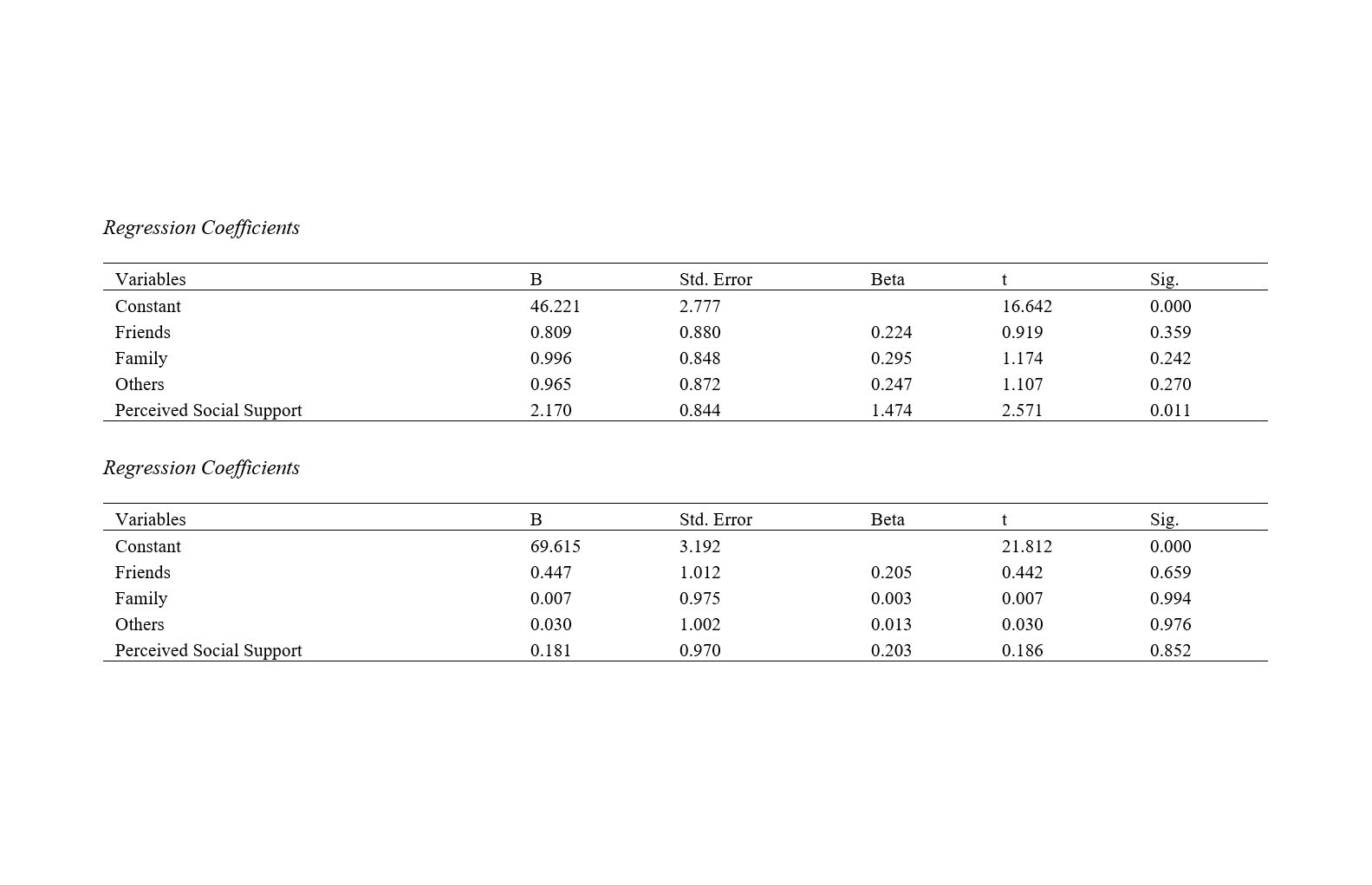Prediction of Mental Health and Self-Esteem Based on Perceived Social Support in Youth with Physical Disabilities in Tehran
Keywords:
Mental Health, Self-Esteem, Perceived Social Support, Physical DisabilityAbstract
Objective: Disability of any type and in any form often leads to mental crises by causing anxiety, worry, reduced self-confidence, and psychological difficulties. The present study aimed to predict mental health and self-esteem based on perceived social support in youth with physical disabilities in Tehran.
Methods and Materials: The research method was descriptive and correlational. The statistical population consisted of youth aged 20-35 with physical disabilities from seven centers for individuals with disabilities in Tehran in 2023, totaling approximately 1500 individuals. Of this population, 400 were accessible samples (characteristics of the samples included: having only physical disabilities and being aged 20-35), of which 250 were male, and the rest were female. From this number, 196 young people, both male and female, were randomly selected and participated in the tests according to the Morgan table. The research instruments included the Multidimensional Scale of Perceived Social Support by Zimet et al. (1988), the General Health Questionnaire by Goldberg (1972), and the Coopersmith Self-Esteem Inventory (1967). Data analysis was performed using multiple regression analysis with SPSS version 27.
Findings: The results of the study showed that the components of family, others, and perceived social support could predict mental health. The findings indicate that perceived social support (b=2.170) was identified as the strongest predictor of mental health. Additionally, perceived social support and its components could not predict self-esteem, and thus the second hypothesis was not confirmed with 95% confidence.
Conclusion: Based on the research findings, it can be concluded that perceived social support can predict mental health.
Downloads

Downloads
Additional Files
Published
Issue
Section
License

This work is licensed under a Creative Commons Attribution-NonCommercial 4.0 International License.








